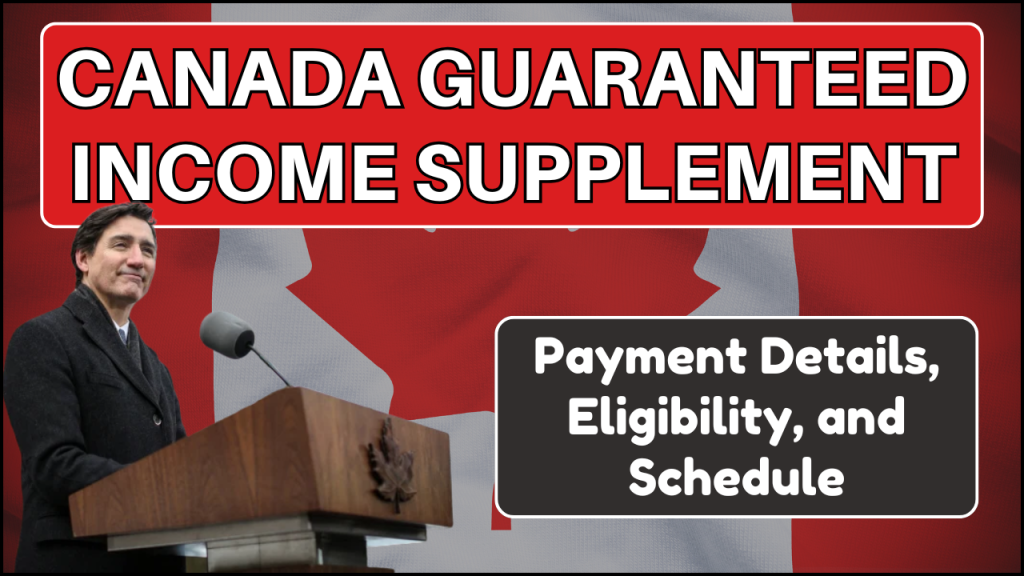
Tax compliance is crucial for the functioning of South Africa’s economy. The South African Revenue Service (SARS) uses legal powers to ensure taxes are collected efficiently. However, if taxpayers fall behind on payments, SARS can enforce recovery actions that may impact salaries, savings, and pension funds.
This article explains SARS’ authority, the process of tax recovery, and how to avoid financial risk. Simple language and detailed tables ensure everyone understands their obligations.
Overview of Unpaid SARS Tax Recovery
| Topic | Key Takeaways |
|---|---|
| SARS Legal Authority | Derived from Tax Administration Act and Income Tax Act |
| Financial Impact | Salaries, savings, and pensions can be affected |
| Key Legal Case | Piet v CSARS (2024) upheld SARS’ power to recover tax debts from pension funds |
| Protection Tips | Pay taxes on time, check SARS accounts regularly, and consult professionals |
Increased SASSA Grants Disbursed, Check Eligibility, Payment Dates
SASSA SRD R350 Payment In January 2025, Check SRD R350 Status Online
NSFAS Application Status 2025, How to Check Your Current Status for 2025
SASSA Call Centre Agent jobs 2025, Check Job Vacancies
R2,180 Monthly Payment in South Africa, Eligibility and Claim Process
What Gives SARS the Power to Recover Taxes?
SARS operates under several laws, with the Tax Administration Act (TAA) providing extensive authority. Section 179 of the TAA permits SARS to collect unpaid taxes by directing third parties like banks, employers, or pension funds to transfer owed amounts. Here are key points:
- Bank Accounts: SARS can instruct banks to transfer unpaid amounts from individual or business accounts directly.
- Salary Deductions: Employers may be legally required to deduct money from your salary.
- Pension Savings: Although protected under the Pension Funds Act (PFA), pensions can be accessed for unpaid tax claims.
How Can Pension Funds Be Impacted?
Generally, the Pension Funds Act (PFA) protects retirement savings. However, specific legal exceptions allow SARS to deduct funds:
- Section 37A of the PFA: Protects pensions from attachment but allows deductions for taxes.
- High Court Ruling in Piet v CSARS (2024): Affirmed SARS’ right to recover R146,000 in unpaid taxes from a pension fund, ruling the action lawful under the TAA and Income Tax Act.
Case Highlights:
- Legal precedence confirms SARS’ authority.
- Court upheld the balance between constitutional rights and legal tax obligations.
How SARS Recovers Unpaid Taxes?
The recovery process follows specific steps, ensuring taxpayers are informed and given a chance to respond:
- Notification: SARS sends official correspondence informing taxpayers of their outstanding liabilities.
- Final Demand: If unpaid, a final demand explains the owed amount and warns of enforcement actions.
- Third-Party Directive: SARS instructs banks, employers, or pension administrators to transfer the funds.
- Compliance: Third parties must comply unless they provide valid reasons for non-compliance.
Key Financial Risks
Failing to meet your tax obligations can result in significant financial consequences:
1. Salary Deductions
SARS can direct your employer to deduct taxes from your monthly income, affecting your immediate financial stability.
2. Loss of Pension Savings
Unpaid taxes may lead to deductions from retirement savings, impacting long-term financial security.
3. Bank Account Access
Funds in personal or business accounts can be seized by SARS to settle tax debts.
Can Taxpayers Challenge SARS?
Taxpayers have the right to challenge SARS if they believe its actions are unlawful. Common approaches include:
- Objections and Appeals: File an objection with SARS. If unresolved, escalate the matter to court.
- Constitutional Rights: Courts may review claims that SARS’ actions infringe on rights like access to social security. However, courts often prioritize tax laws over individual appeals when unpaid debts are proven.
Important Note: Challenges can be complex and require legal expertise, so consulting a tax professional is recommended.
How to Protect Yourself?
1. Pay Taxes on Time
Avoid penalties and recovery actions by ensuring your tax returns and payments are filed promptly.
2. Monitor Your SARS Account
Check your tax account regularly to identify and address issues before they escalate.
3. Consult a Professional
Seek advice from a tax advisor or professional if you’re uncertain about compliance or notices received.
Comparison Table: Taxpayer Actions vs. Risks
| Action | Risk Mitigated |
|---|---|
| Paying taxes on time | Avoids penalties and recovery actions |
| Monitoring SARS account | Identifies issues early and prevents surprises |
| Consulting professionals | Ensures compliance and protects rights |
| Negotiating payment plans | Reduces financial strain while resolving tax debts |
FAQs
1. Can SARS take all the money from my bank account?
Ans: No, SARS typically deducts only the amount necessary to settle the debt. However, having insufficient funds in your account may lead to further penalties or actions.
2. Can I negotiate a payment plan with SARS?
Ans: Yes, SARS allows taxpayers to arrange payment plans if they cannot pay the full amount upfront. This must be agreed upon promptly to avoid enforcement measures.
3. Are any funds completely protected from SARS?
Ans: While pension funds are generally safeguarded, SARS can access them under specific circumstances. Social grants and funds below a certain threshold may also be protected.
SARS’ enforcement powers highlight the importance of staying up-to-date with tax obligations. By understanding your rights and taking preventive actions, you can avoid unnecessary financial stress and ensure compliance. For any uncertainty, always seek professional guidance to protect your income and savings.


